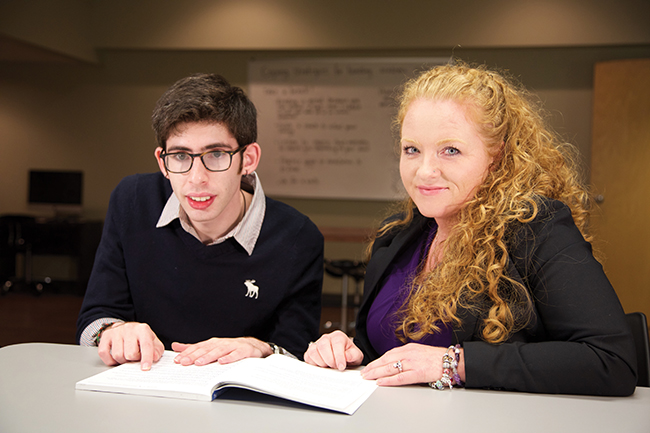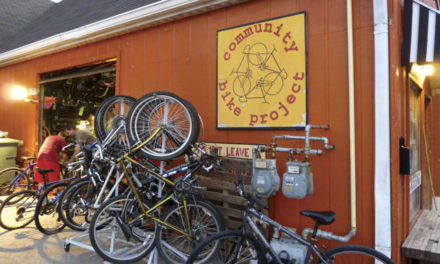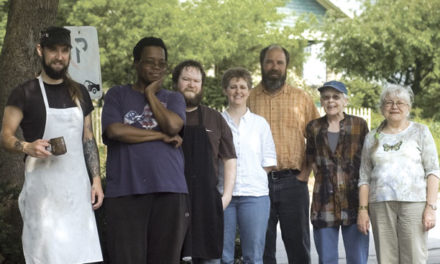
BY SUSAN M. BRACKNEY
From teaching time management skills to helping students discover their passions, College Internship Program (CIP) Bloomington offers services which could benefit nearly anyone. However, the young adults assisted by the local transitional program fall on the autism spectrum or have other learning differences that make it difficult for them to navigate college or jump straight into a career after high school.
“We work with students to develop goals and reach their highest potential,” explains CIP Bloomington Assistant Program Director Ellen Davidson. The program helps students develop both hard skills (such as how to navigate campus or plan meals) and soft skills (like emotional regulation and detecting social cues). “So much of what we do is automatic, when it comes to social skills,” Davidson says, but social cues, “can be very tough for individuals on the spectrum to pick up on.”
Students are also taught how to recognize and proactively manage difficult feelings. And they’re encouraged to establish morning and evening routines, practice good sleep habits, and explore nutrition, yoga, and meditation. “It’s tough to go to school or have an appointment with your adviser if you haven’t slept or you’re not eating well,” Davidson notes.
CIP Bloomington is one of just five CIP locations offering full year and summer programs for students with autism, Asperger’s, Attention-Deficit/Hyperactivity Disorder (ADHD), and other learning differences. The other CIP programs are located in Massachusetts, Florida, and California.
Joe Banchik is 22 years old and on the autism spectrum. He’s majoring in telecommunications at Indiana University and has been with CIP for five years. Originally from New York City, Banchik interns at Blue Line Media, serves as a CIP ambassador, and is CIP Student Council president. He credits the program with helping him learn to manage his finances, his schedule, and his active social calendar. “I have become a people person since I came here. I do a really good Super Bowl party,” he says. “I’ve proven that a person with my condition can do anything — that anything is possible.”
Helping the public better understand autism may be possible, too. “People shouldn’t stereotype,” Banchik says. “People with autism can cook. They can travel. They can work. They can form relationships.” And, he adds, “You better think twice before you declare someone unteachable.”
For more information, visit CIP Bloomington at magbloom.com/cip or on Facebook.










